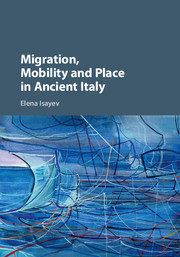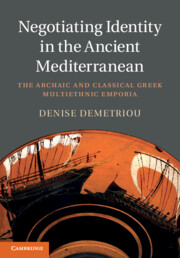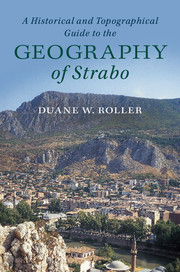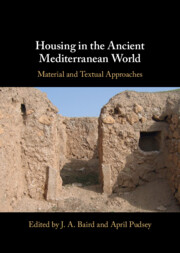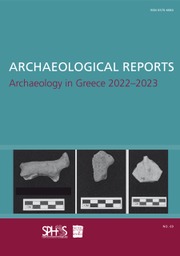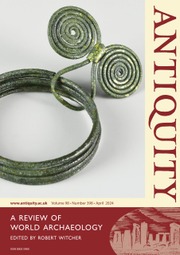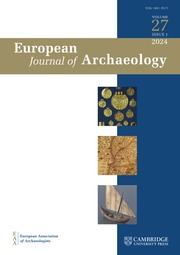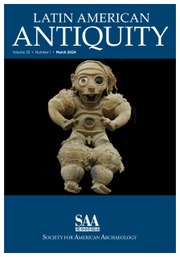Migration, Mobility and Place in Ancient Italy
Migration, Mobility and Place in Ancient Italy challenges prevailing conceptions of a natural tie to the land and a demographically settled world. It argues that much human mobility in the last millennium BC was ongoing and cyclical. In particular, outside the military context 'the foreigner in our midst' was not regarded as a problem. Boundaries of status rather than of geopolitics were those difficult to cross. The book discusses the stories of individuals and migrant groups, traders, refugees, expulsions, the founding and demolition of sites, and the political processes that could both encourage and discourage the transfer of people from one place to another. In so doing it highlights moments of change in the concepts of mobility and the definitions of those on the move. By providing the long view from history, it exposes how fleeting are the conventions that take shape here and now.
- Provides a new approach to Romano-Italian history, but through mobilities and trajectories rather than through site and ethnicity
- Traces through empirical study the high rate of mobility in the ancient world and flexible attitudes to those who were on the move, challenging stereotypes about ancient communities as largely static, sedentary and defined by ethnic concerns
- Applies contemporary theories from disciplines such as geography, anthropology and art to help address the complex issues of how we understand human mobility and constructions of place
Reviews & endorsements
'… highly important and innovative … Isayev's book is undoubtedly a major contribution to the entire field of Classics. Apart from making its case quite brilliantly, it breaks with a number of self-imposed limitations and restrictions (of disciplines, methods, periods, regions …) that have shaped and continue to shape much of Classical scholarship. This book is groundbreaking in the way it engages with the past by taking up current research from other fields and by formulating new models that will stimulate further debate - hopefully also beyond the scope of ancient Italy. It is worth adding that the book, although very scholarly, might also prove useful for undergraduate teaching, as it is written in a very understandable language … In short, it is a must-have for all scholars in this field, and a book which, to my eyes, ranks among the works that have offered a sweeping (and controversial) vision of Mediterranean mobility and connectivity, from Braudel to Horden and Purcell and D. Abulafia.' Bryn Mawr Classical Review
Product details
August 2017Hardback
9781107130616
542 pages
253 × 183 × 30 mm
1.25kg
Available
Table of Contents
- Part I:
- 1. Introduction
- 2. Statistical uncertainties: mobility in the last 250 years BC
- Part II:
- 3. Routeways, kinship and storytelling
- 4. Mixed communities: mobility, connectivity and co-presence
- 5. Why choose to come together and move apart? Convergence and redistribution of people and power
- Part III:
- 6. Plautus on mobility of the every-day
- 7. Polybius on mobility and a comedy of The Hostage Prince
- 8. Polybius on the moving masses and those who moved them
- Part IV:
- 9. Social war: reconciling differences of place and citizenship
- 10. Mapping the moving Rome of Livy's Camillus speech
- 11. Materialising Rome and Patria
- 12. Conclusion: everyday and unpredictable mobility
- Appendices A, B and C. Mobility in Plautus
- Appendix D. Livy's Camillus Speech and translation.

